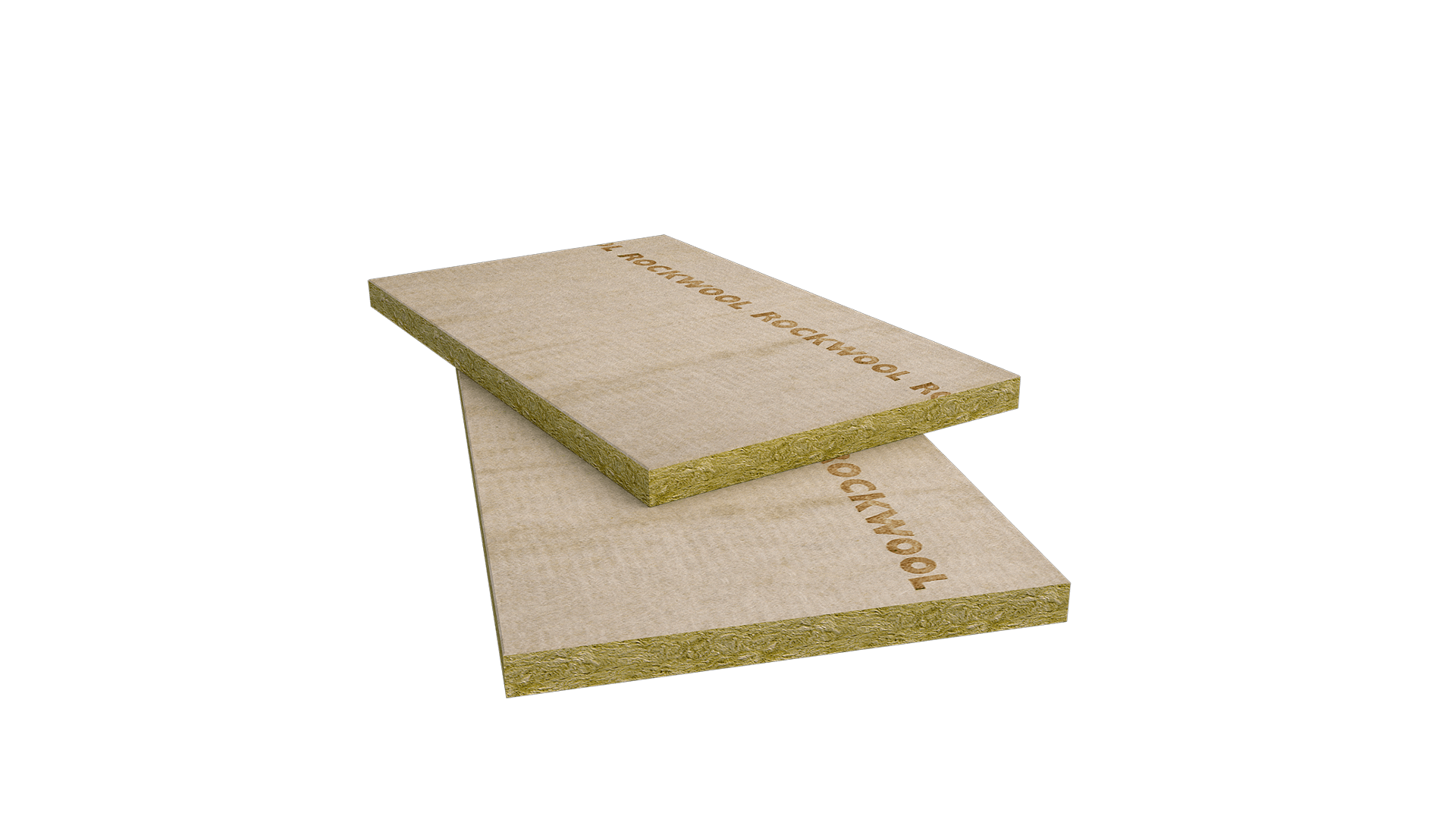Floors in buildings are magnets for sound, heat and fire to travel through. This can cause long-term issues for tenants and owners, such as nuisance noise, high energy bills, colder living conditions and fire risk.
These problems are becoming ever more common. More than 100,000 homes in London are predicted to be built in high-rise developments by 2030 – a prime location for city noise. 2
Different floor types also need unique insulation solutions to help increase their energy efficiency. These include:
- Concrete floors – requiring insulation that is suitable for laying on precast concrete flooring. 3
- Suspended ground floors – optimum thermal property insulation required because of high heat loss risk. 4
- Intermediate (separating) floors – insulation needs to be adaptable to fit in-between i-joists. 5
- Floating floors – requiring insulation to adequately fill the space between adjoining floors – to raise acoustic performance.
- Basement floors – susceptible to losing heat through a concrete floor, requiring robust insulation to improve thermal performance.
Using ROCKWOOL stone wool to insulate floors between, or over, timber or metal joists, or onto a concrete slab or screed, can help to overcome these obstacles.
Optimum insulation can help to:
- Block out unwanted noise
- Reduce heat lost through floors
- Improve a building’s energy efficiency
- Prevent fire spread and protect the floor structure
ROCKWOOL stone wool floor insulation does this over the lifespan of a building – without deteriorating in performance.
For timber floors the non-combustible properties of our stone wool product range helps to increase fire protection levels. 6






















